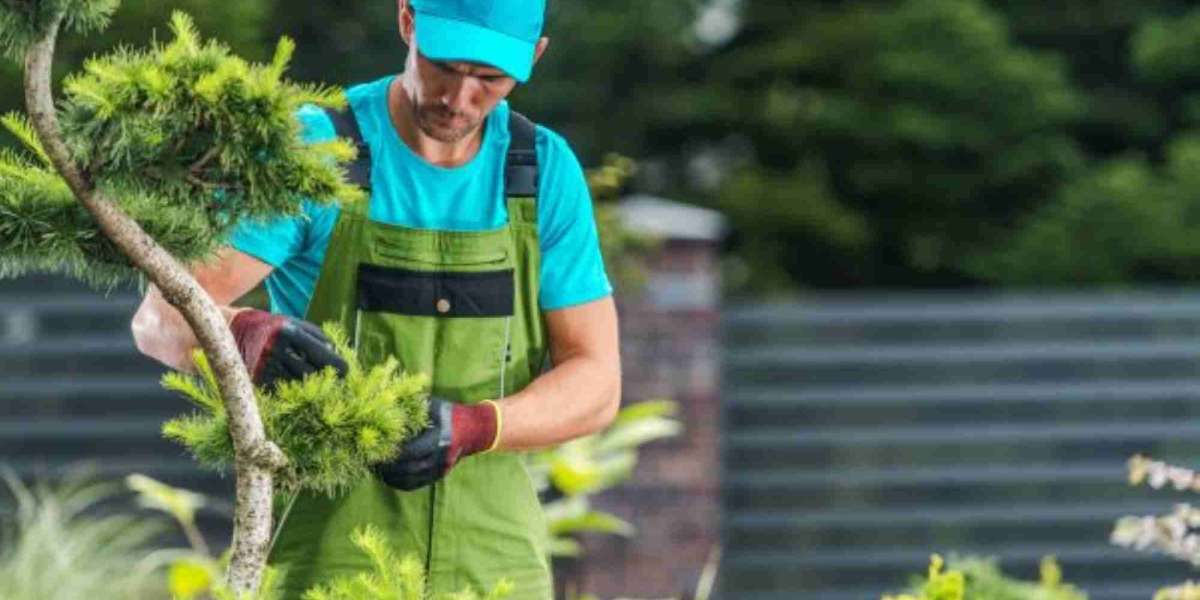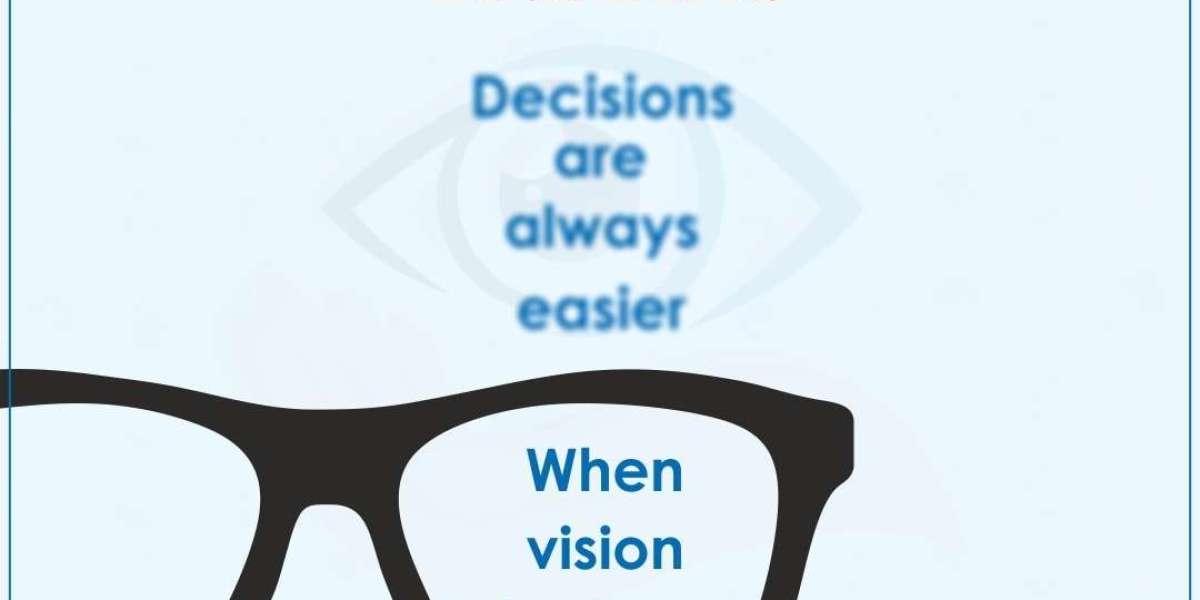Trees do so much more than just look good. They clean our air, offer shade, and boost property value. But to keep them healthy and safe, they need a little TLC. That’s where tree care services come in.
Benefits of Professional Tree Services
Not everyone has the time—or the tools—to climb trees and diagnose disease. Tree professionals bring knowledge, equipment, and safety protocols to ensure your trees thrive for years to come.
? What Are Tree Care Services?
Overview of Common Services
Tree care services cover everything from basic pruning to emergency storm cleanup. They include:
Trimming & pruning
Tree removal
Stump grinding
Disease management
Fertilization
Tree planting
Cabling & bracing
Arborist consulting
Residential vs. Commercial Tree Care
Residential services focus on curb appeal, safety, and landscape harmony. Commercial jobs often involve larger-scale maintenance, legal liability, and regular upkeep contracts.
✂️ Tree Trimming and Pruning
Difference Between Trimming and Pruning
Trimming focuses on shaping and aesthetic improvements. Pruning, on the other hand, is about removing dead, diseased, or unsafe branches to promote growth and safety.
Why and When You Should Prune
Late winter or early spring is best. Pruning too late can harm growth, while pruning too early might miss disease symptoms. Regular pruning keeps trees healthy and hazard-free.
? Tree Removal Services
When Is Tree Removal Necessary?
Dead or dying trees
Severe disease or pest infestations
Trees leaning dangerously
Property development or renovation
Root damage to foundations or sidewalks
Safe and Efficient Tree Removal
Professionals use special tools, safety harnesses, and sometimes even cranes. DIY tree removal can be dangerous and often ends in disaster—leave it to the pros.
? Stump Grinding and Removal
Why You Should Remove a Stump
Old stumps attract pests, create tripping hazards, and make mowing a nightmare. Plus, they’re just plain ugly.
Stump Grinding vs. Full Removal
Grinding shaves the stump down below ground level.
Full removal involves digging out roots—more work, but cleaner results.
?️ Emergency Tree Services
Storm Damage Cleanup
After a storm, fallen branches or trees can block roads, damage roofs, and cause chaos. Emergency crews clean up quickly and safely.
Hazardous Tree Assessments
If a tree looks “off”—like it’s leaning or has large cracks—it’s smart to have a pro inspect it. Better safe than sorry.
? Tree Health and Disease Management
Common Tree Diseases
Oak wilt
Fire blight
Powdery mildew
Anthracnose
Dutch elm disease
Pest and Fungal Treatment Options
From injectable fungicides to deep-root fertilization, certified arborists know how to treat and prevent a wide variety of problems.
? Tree Fertilization and Soil Care
Signs Your Tree Needs Fertilizing
Yellowing leaves
Stunted growth
Sparse canopy
Premature leaf drop
Soil Testing and Aeration
Healthy roots = healthy trees. Soil tests identify nutrient deficiencies, and aeration ensures water and oxygen reach the roots.
? Tree Planting Services
Choosing the Right Tree for Your Space
Not all trees are created equal. Professionals consider sunlight, soil type, space, and climate before selecting a tree that fits your property.
Proper Planting Techniques
Planting too deep or too shallow can kill a young tree. Tree services ensure correct planting depth, root health, and mulching.
?️ Tree Cabling and Bracing
Structural Support for Weak Trees
Cabling reinforces weak branches or split trunks with steel rods or cables. It can prevent a tree from falling apart—literally.
When Cabling Is the Best Option
If a tree is healthy but structurally unsound (like a beautiful old oak with a split trunk), cabling offers a non-invasive way to extend its life.
? Tree Preservation and Consulting
Arborist Reports
Need to remove a tree legally? Arborist reports are often required for city permits or insurance claims.
Construction Impact Mitigation
Building near a tree? Don’t just dig. Tree consultants create protection plans to preserve root systems during construction.
?? Choosing the Right Tree Care Company
Certifications and Experience
Look for ISA-certified arborists with solid reviews. Experience matters—especially when it comes to dangerous jobs like removals.
What to Ask Before Hiring
Are you insured and licensed?
Do you offer free estimates?
Can you provide references?
What’s your emergency response time?
✅ Conclusion
Trees are living investments. They shade us, clean our air, and beautify our homes. But they need expert care to stay healthy and safe. Whether you're trimming branches, treating disease, or planting something new, tree care services make all the difference. Don't wait for disaster—start taking care of your trees today.
❓FAQs
1. How often should I have my trees serviced?
At least once a year for inspections and pruning—more often if there are disease or weather concerns.
2. Are tree services expensive?
Costs vary based on the service, tree size, and location. Routine maintenance is much cheaper than emergency removals.
3. What is the difference between an arborist and a landscaper?
An arborist specializes in tree biology and care, while landscapers focus on lawns, shrubs, and general design.
4. Can I care for my trees myself?
For light pruning, yes. But for disease treatment, removals, or high branches—call a pro.
5. Do all tree care companies offer emergency services?
Not all do. It’s worth asking before hiring, especially if you live in an area prone to storms.



